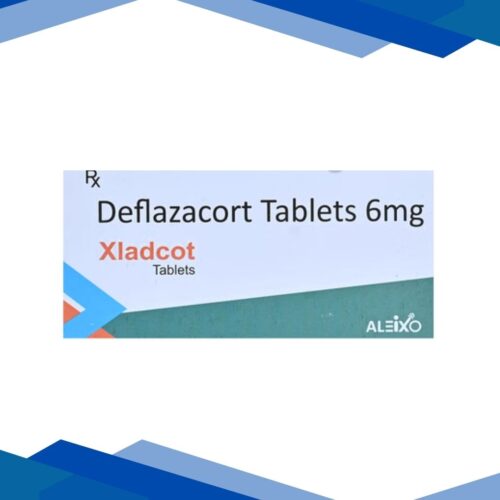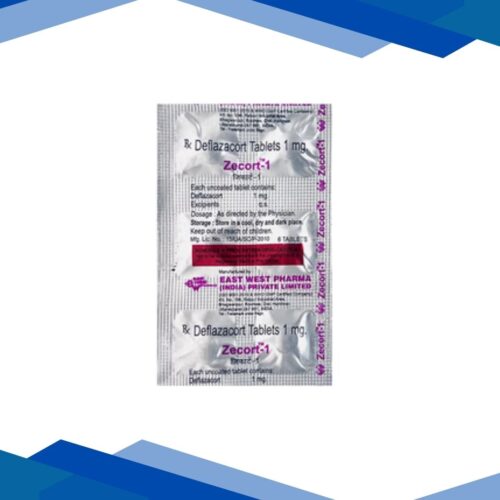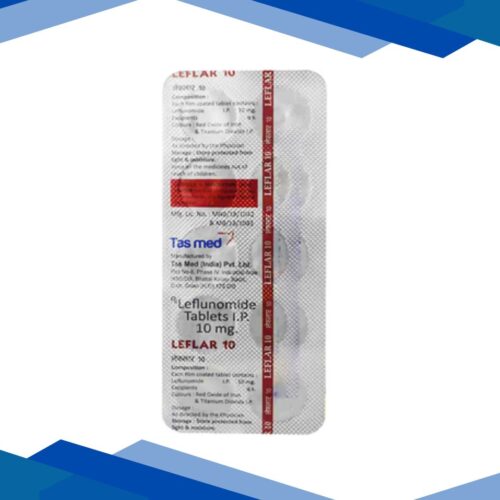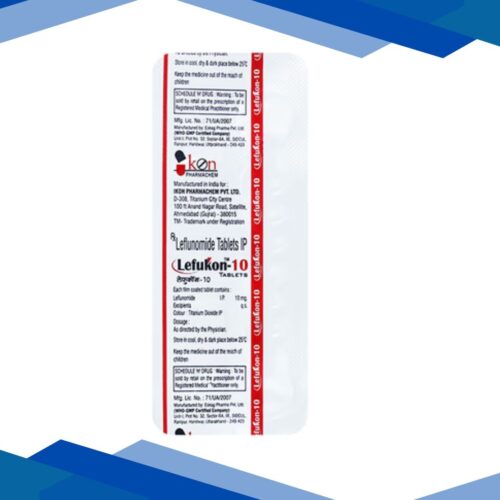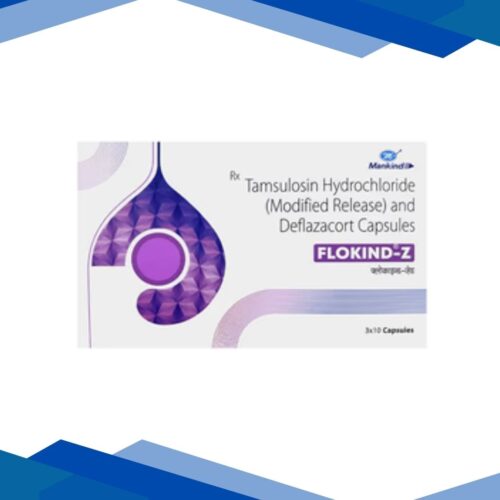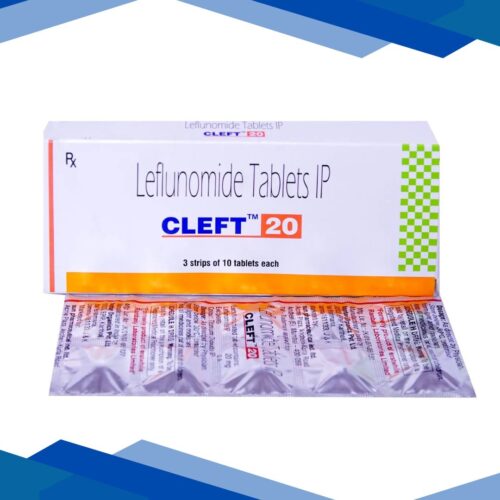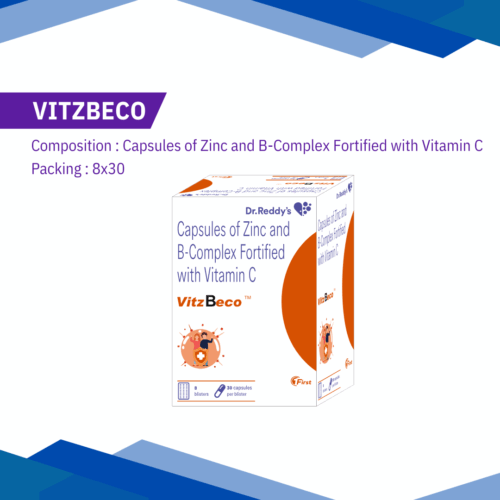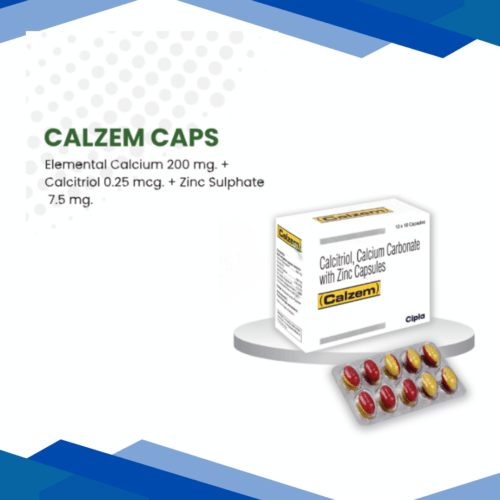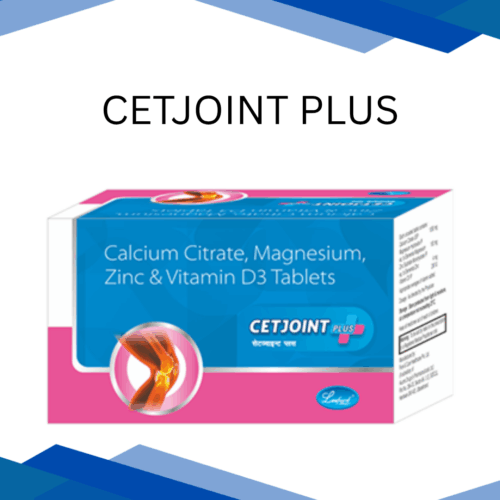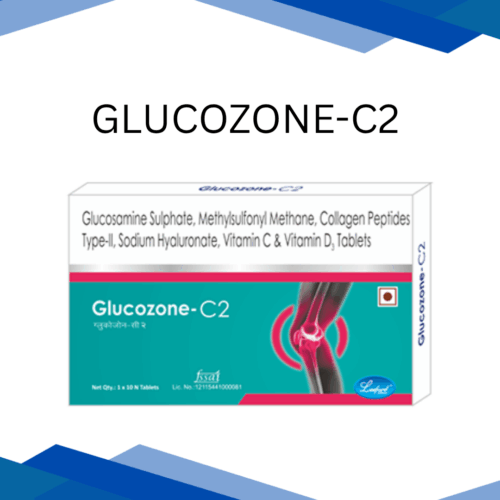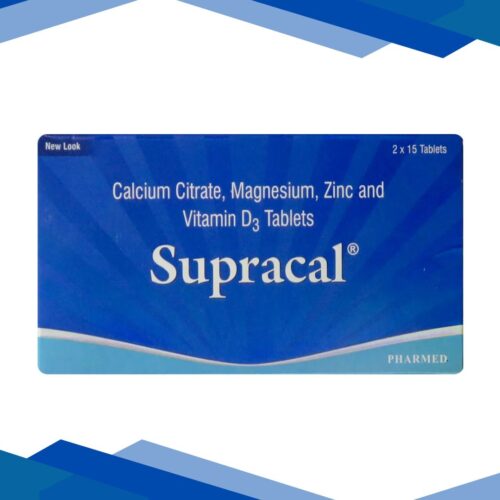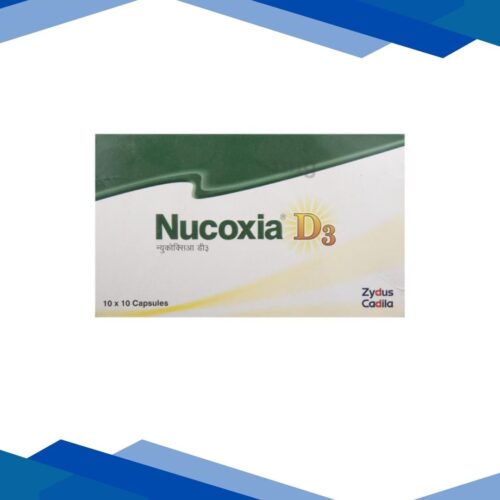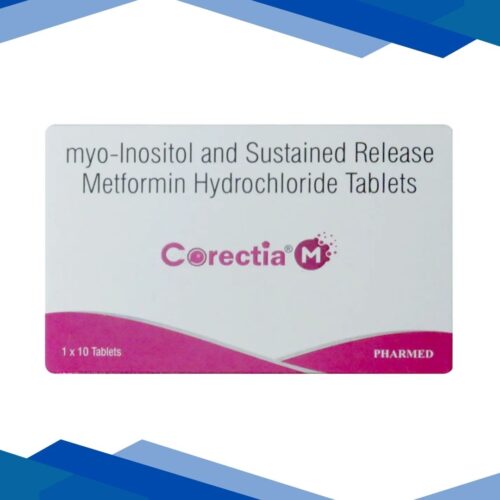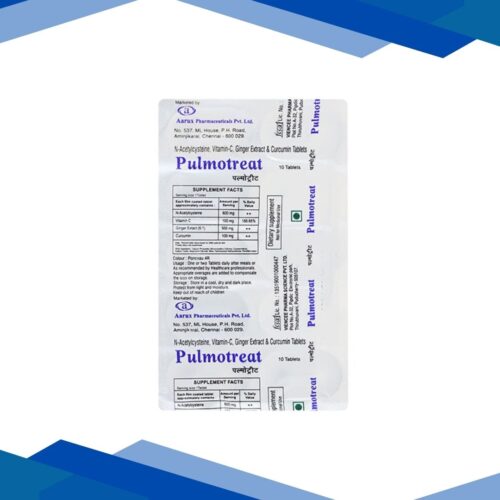FLOKIND Z Capsule 10’s
Adivit-Cz
❌ Due to high demand, this product is currently out of stock. New stock will be available shortly.
👉 Click here to Buy Same Salt medicine
This combination is used to boost immunity, support bone health, improve vision, and help the body fight infections and oxidative stress.
Vitamin A
VITAMIN A
Overview:
Vitamin A, a fat-soluble nutrient, is crucial for maintaining good eyesight, promoting healthy skin, supporting the immune system, and ensuring proper growth and development. It can be found in foods such as carrots, sweet potatoes, spinach, and dairy products, and is also available in supplement form.
Classification: Fat-soluble vitamin
Uses:
Vitamin A is used for promoting good vision, particularly in low-light conditions, and for maintaining healthy skin, immune system function, and cellular growth. It helps avert vitamin A deficiency, which can result in issues such as dry eyes, impaired vision, skin problems, and a compromised immune system. Additionally, it is utilized in certain skin treatments for acne and wrinkles and is important for reproduction and fetal development.
How it works:
Vitamin A functions by transforming into active forms within the body, such as retinal and retinoic acid. Retinal plays a crucial role in vision by contributing to the formation of a pigment in the eye that enables us to see in dim light. Retinoic acid aids in cell growth, immune system performance, and skin health by controlling the expression of specific genes. These combined actions assist the body in maintaining healthy tissues, combating infections, and promoting growth and development.
Dosage:As prescribed by your doctor.
Side effects:
Nausea and vomiting
Headache
Dizziness
Dry or peeling skin
Precautions:
When consuming Vitamin A, it is crucial to be cautious, especially with high doses, as an excess can lead to toxic effects. Those with liver issues, osteoporosis, or who consume alcohol in large quantities should be particularly vigilant. Pregnant women are advised to avoid large doses due to the potential for birth defects. Furthermore, since Vitamin A is fat-soluble, it has the potential to accumulate in the body over time. Consulting a healthcare professional before starting supplements is recommended, particularly if your diet already provides sufficient Vitamin A or if you are taking other multivitamins.
Disclaimer:This content is for informational purposes only. Always consult a healthcare provider for medical advice and proper dosage.
Vitamin C
VITAMIN C
OVERVIEW
Vitamin C, also known as L-ascorbic acid, is a water-soluble vitamin. Unlike most mammals, humans do not have the ability to synthesize vitamin C and must obtain it from the diet.Low levels of vitamin C can result in a condition called scurvy. Scurvy may cause symptoms such as rash, muscle weakness, joint pain, tiredness, or tooth loss.
CLASSIFICATION
Antioxidant
USES
Vitamin C is needed for the growth and repair of tissues in all parts of your body. It is used to:
Form an important protein called collagen, used to make skin, tendons, ligaments, and blood vessels
Heal wounds and form scar tissue
Repair and maintain cartilage, bones, and teeth
Aid in the absorption of iron
Vitamin C is one of many antioxidants. Antioxidants are nutrients that block some of the damage caused by free radicals.
Free radicals are made when your body breaks down food or when you are exposed to tobacco smoke or radiation.
The buildup of free radicals over time is largely responsible for the aging process.
Free radicals may play a role in cancer, heart disease, and conditions like arthritis.
The body is not able to make vitamin C on its own. It does not store vitamin C. It is therefore important to include plenty of vitamin C-containing foods in your daily diet.
HOW IT WORKS
In humans, an exogenous source of ascorbic acid is required for collagen formation and tissue repair by acting as a cofactor in the posttranslational formation of 4-hydroxyproline in -Xaa-Pro-Gly- sequences in collagens and other proteins. Ascorbic acid is reversibly oxidized to dehydroascorbic acid in the body. These two forms of the vitamin are believed to be important in oxidation-reduction reactions. The vitamin is involved in tyrosine metabolism, conversion of folic acid to folinic acid, carbohydrate metabolism, synthesis of lipids and proteins, iron metabolism, resistance to infections, and cellular respiration.
DOSAGE
As directed by the physician
PRECAUTIONS
You should not use ascorbic acid if you are allergic to it.
Ask a doctor or pharmacist if Vitamin C is safe to use if you have or have ever had:
Diabetes;
Any type of cancer;
A planned surgery or any other medical procedure;
Taken any other medication or have any medical condition;
If you are on a low-salt or salt-free diet;
If you smoke or chew tobacco;
If you drink alcohol;
A genetic enzyme deficiency called glucose-6-phosphate dehydrogenase (G6PD) deficiency; or
Kidney disease or kidney stones.
Ask a doctor before using this medicine if you are pregnant or breastfeeding.
Do not give this medicine to a child without medical advice.
SIDE EFFECTS
Get emergency medical help if you have signs of an allergic reaction: hives, difficult breathing, swelling of your face, lips, tongue, or throat.
Vitamin C may cause serious side effects. Call your doctor at once if you have:
Kidney problems–swelling, blood in your urine, painful or difficult urination, pain in your side or lower back, feeling tired or short of breath.
Common side effects of Vitamin C may include:
Difficult or painful swallowing;
Headache, heartburn; or
Nausea, vomiting, diarrhea, stomach cramps.
DISCLAIMER
This content is for informational purposes only. Always consult a healthcare provider for medical advice and proper dosage
Vitamin D3
VITAMIN D3
Overview:
Vitamin D3 (Cholecalciferol) is made from plant-based lichen and facilitates intestinal calcium absorption supporting bone, teeth, muscle, and heart health.
Classification:
D3 is in a class of medications called vitamin D analogs
Uses:
Cholecalciferol (vitamin D3) is also used along with calcium to prevent and treat bone diseases such as rickets, osteomalacia and osteoporosis.Cholecalciferol is needed by the body for healthy bones, muscles, nerves, and to support the immune system. It works by helping the body to use more of the calcium found in foods or supplements.
How It Works:
It works by helping the body to use more of the calcium found in foods or supplements.
Dosage:
As prescribed by your doctor.
Side Effects:
loss of appetite
weight loss
nausea
vomiting
constipation
Precautions:
Tell your doctor if you are allergic to cholecalciferol, any other medications, or any of the ingredients in cholecalciferol products.
Tell your doctor and pharmacist what other prescription and nonprescription medications, vitamins, nutritional supplements, and herbal products you are taking or plan to take while taking cholecalciferol. Your doctor may need to change the doses of your medications or monitor you carefully for side effects.
Tell your doctor if you have or have ever had hyperparathyroidism (a condition in which the body produces too much parathyroid hormone, kidney disease, or have high blood levels of calcium.
Tell your doctor if you are pregnant, plan to become pregnant, or are breast-feeding. If you become pregnant while taking cholecalciferol (vitamin D3), call your doctor.
Disclaimer
This content is for informational purposes only. Always consult a healthcare provider for medical advice and proper dosage.
ZINC
ZINC
Overview:
zinc is an essential nutrient found in a variety of plant and animal foods, along with supplements. It plays a key role in skin health, immune function, and cell growth and may protect against acne, inflammation, and other conditions.
Classification:
Antioxidant
Uses:
Supports the heart and nervous system
Has antioxidant effects
Supports the immune system
Helps in the formation of red blood cells
How It Works:
Cofactor Role:
Zinc acts as a cofactor for thousands of enzymes and proteins, which are essential for various metabolic processes.
Immune Function:
Zinc is crucial for the proper functioning of the immune system, including the production of immune cells like T cells, B cells, and natural killer cells.
Antiviral Effects:
Zinc may help reduce the severity of colds by inhibiting rhinovirus replication and suppressing nasal inflammation.
Wound Healing:
Zinc is involved in collagen synthesis and other processes that contribute to wound repair.
DNA Synthesis:
Zinc is essential for DNA replication and RNA transcription, which are fundamental processes for cell growth and function.
Dosage:
As prescribed by your doctor.
Side Effects:
Diarrhea.
Dizziness.
Headache.
Nausea.
Upset stomach.
Vomiting.
Precautions:
Read the label carefully before use
Store in a cool and dry place away from direct sunlight
Keep out of reach of children
Use under medical supervision
Do not exceed the recommended dosage
Pregnant or nursing mothers, children, and people with medical conditions must consult a healthcare professional before taking this supplement
Disclaimer
This content is for informational purposes only. Always consult a healthcare provider for medical advice and proper dosage.
